Keywords: Australian Politics
-
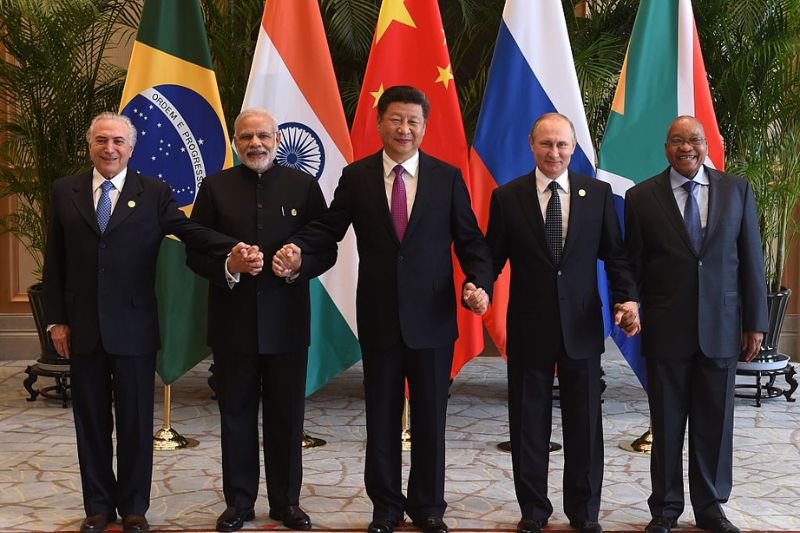
INTERNATIONAL
- David James
- 13 December 2023
1 Comment
As the world thawed post-Cold War, a debate raged over global supremacy, with Western powers predicting a unipolar world dominated by liberal democracy. Contrarily, others envisioned a future shaped by cultural and religious divides. In a shifting geopolitical landscape, the echoes of this debate continue to challenge long-held assumptions on global power dynamics.
READ MORE
-

INTERNATIONAL
- Philip Mendes
- 04 December 2023
2 Comments
For over 40 years, I have supported a two-state solution to the Israeli-Palestinian conflict. That term means two states for two peoples. Such an outcome can only come about as the result of peaceful negotiations that advance compromise and moderation on both sides.
READ MORE 
-

ENVIRONMENT
- Anthony N Castle
- 28 November 2023
1 Comment
There is an economic case for acting on the climate crisis but the economics can be a distraction unless we start the conversation at the right place: the environment. A heating climate will cost us trillions. If we don’t act at all, it will cost us everything.
READ MORE
-
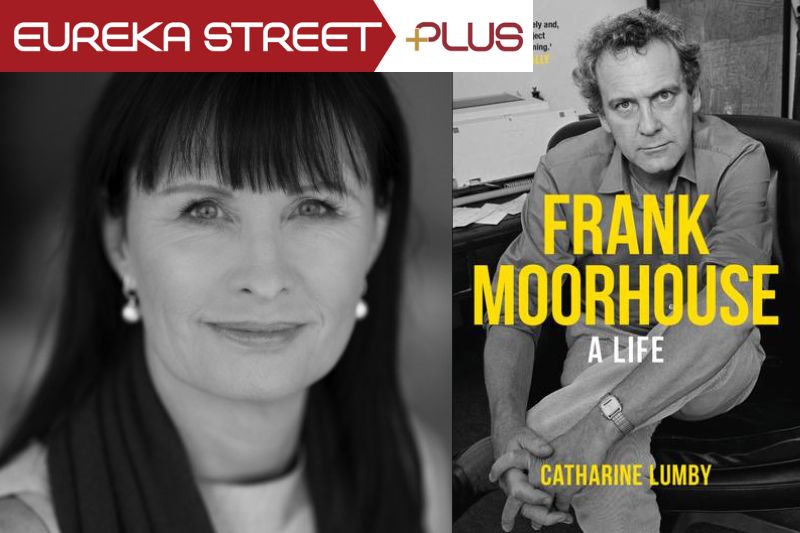
ARTS AND CULTURE
- Barry Gittins
- 24 November 2023
Catharine Lumby was a friend and beneficiary of Moorhouse’s mentoring and advice, and before his death, was approached by him to write a warts-and-all uncensored biography. In Frank Moorhouse: A Life, Lumby explores the life of this man of letters in all of its colour and contradiction.
READ MORE 
-

RELIGION
- John Warhurst
- 14 November 2023
11 Comments
Religion and politics are frequent bedfellows. Despite many clerics and bishops holding strong political views, and many lay Catholics being active within political parties, the successful embrace of synodality depends upon finding middle ground, and leaders who respect a diversity of views.
READ MORE
-
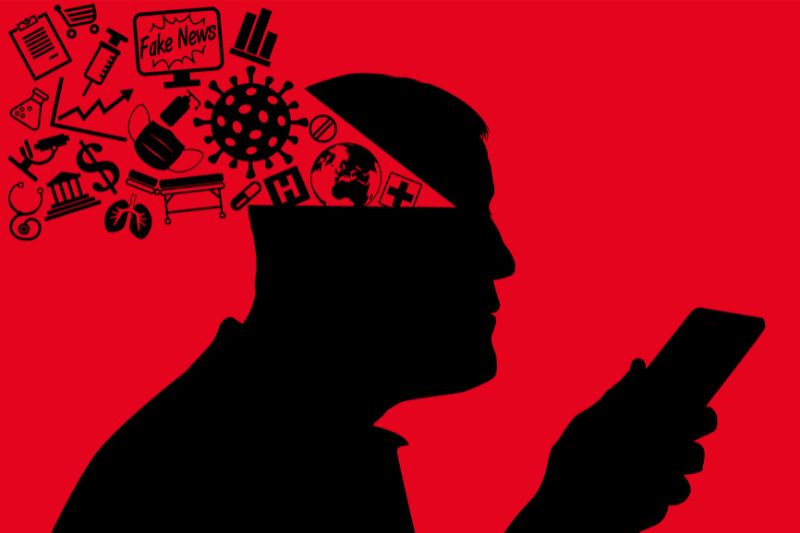
AUSTRALIA
- Frank Brennan
- 09 November 2023
4 Comments
As the government drafts legislation to stem the rising tide of misinformation circulating online, the nation debates: will these measures sufficiently regulate online content and curb potential harms or threaten freedom of expression? This moment is a critical test for the integrity of Australia's public discourse.
READ MORE
-
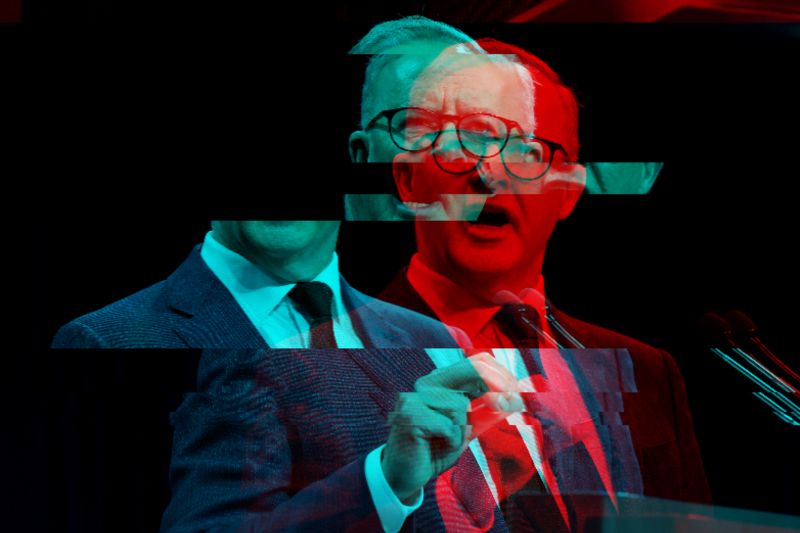
AUSTRALIA
- Julian Butler
- 02 November 2023
1 Comment
The proposed Misinformation Bill straddles the delicate balance between freedom of speech and the rising threat of misinformation, posing a challenge that could redefine the landscape of media and public conversation. The problem goes beyond discerning the truth, but determining how a democratic society identifies it amid a sea of conflicting voices.
READ MORE
-
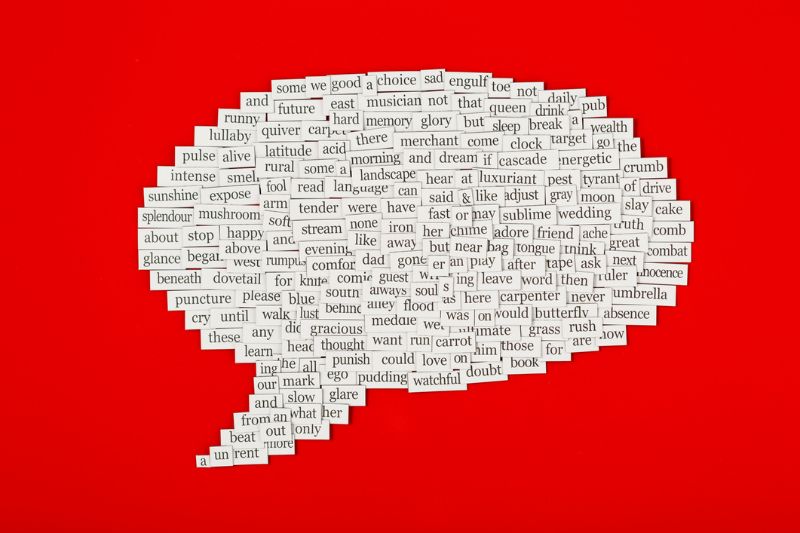
AUSTRALIA
- Gillian Bouras
- 25 October 2023
11 Comments
In a world where every politician has something to say, only a select few wield their words well. As we grapple with the failure of the recent Voice referendum, it's worth drawing from these leaders and questioning what truly guides political decisions - morality or self-interest?
READ MORE
-
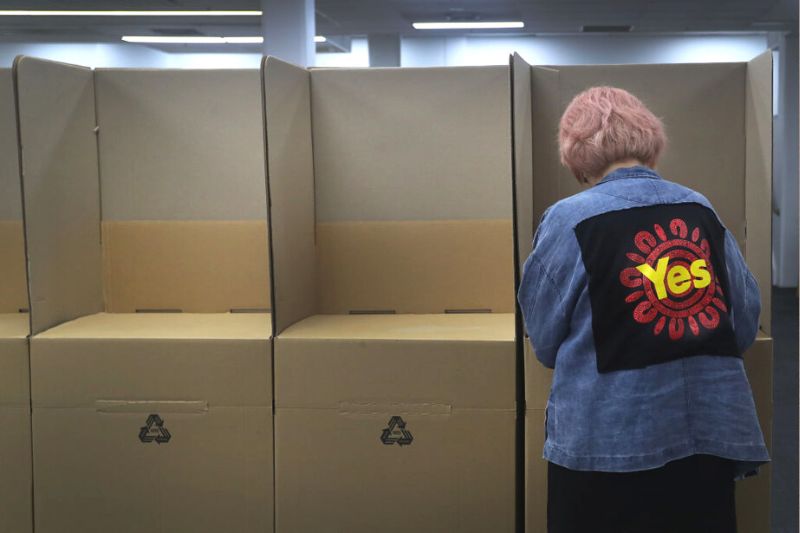
AUSTRALIA
- Joel Hodge
- 19 October 2023
44 Comments
The Australian Indigenous Voice referendum has been rejected, as anticipated by many, with the meaning and consequences now up for debate. This debate may be as crucial as the referendum debate itself to determining the future of reconciliation and what it means to be Australian in the 21st century.
READ MORE
-

EDUCATION
- Michael Furtado
- 28 September 2023
38 Comments
As Australia grapples with educational inequality, those in the Catholic education system must ask: how do we test for a clear commitment to Catholic Social Teaching and the seminal role it plays in enunciating the guiding principles of Catholic education, particularly in regard to it being offered, ‘first and foremost … to the poor’?
READ MORE
-

ARTS AND CULTURE
- Bill Uren
- 26 September 2023
16 Comments
Why has Orwell's wife, Eileen O’Shaughnessy, been strikingly omitted from his many biographies? As Anna Funder's Wifedom delves into this oversight, we're prompted to question: have we truly moved beyond the casual patriarchy?
READ MORE
-

AUSTRALIA
- David Halliday
- 26 September 2023
In the lead up to the Voice referendum, there's a subtle yet seismic undercurrent at play: How do we sustain a meaningful democratic conversation when the foundational truths seem so fragmented? Our ability to connect, converse, and find consensus could be the real referendum of our times.
READ MORE 